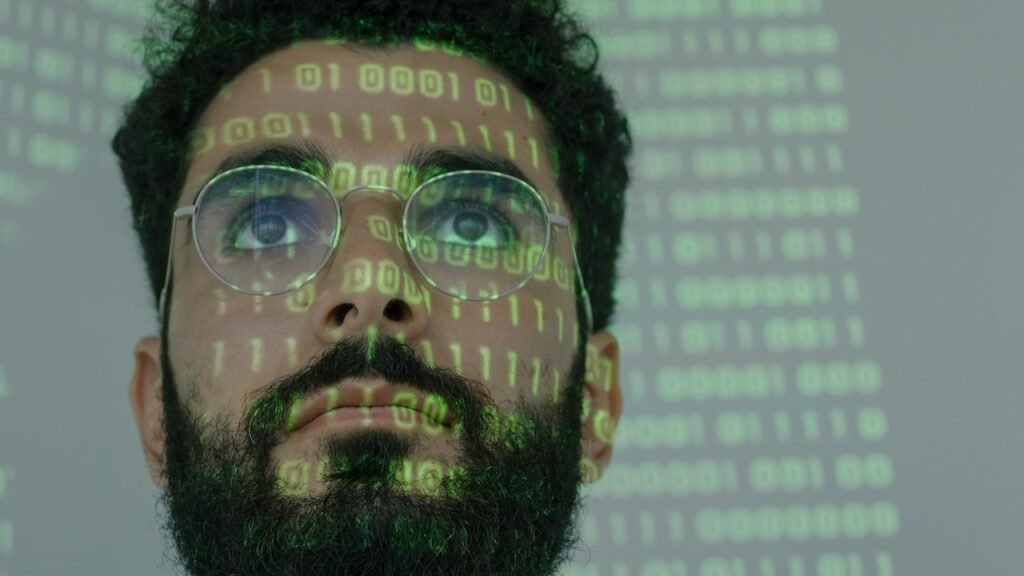In today’s rapidly advancing digital landscape, the importance of cybersecurity cannot be overstated. With the ever-increasing reliance on technology and the interconnectedness of our digital lives, safeguarding our sensitive information has become paramount. Cybersecurity plays a crucial role in ensuring the confidentiality, integrity, and availability of data, protecting individuals, organizations, and even nations from the threats that lurk in the digital realm.

Table of Contents
Understanding the Cybersecurity Landscape
As the world becomes more digitally interconnected, so do the threats. Cybercriminals constantly evolve their tactics to exploit vulnerabilities in computer systems, networks, and applications. They employ a wide range of malicious activities, such as hacking, phishing, malware attacks, and identity theft, to gain unauthorized access to valuable data. The consequences of these breaches can be devastating, ranging from financial losses and reputational damage to legal ramifications and compromised personal lives.
Read More: Mastering Microsoft Office: Essential Tips and Shortcuts
Safeguarding Sensitive Information
The primary objective of cybersecurity is to safeguard sensitive information from unauthorized access, use, disclosure, disruption, modification, or destruction. It involves implementing a comprehensive set of measures to protect digital assets and mitigate potential risks. This includes employing robust authentication mechanisms, encrypting data, regularly updating software and systems, conducting vulnerability assessments, and educating users about best practices for online security.
The Implications for Individuals and Organizations
Individuals and organizations alike face significant risks in the absence of effective cybersecurity measures. For individuals, falling victim to cybercrime can result in stolen identities, financial loss, and invasion of privacy. Imagine having your personal information, including bank account details, social security number, and medical records, fall into the wrong hands. The consequences can be devastating and long-lasting.
For businesses and organizations, the implications are equally severe. A data breach can lead to significant financial losses, eroded customer trust, and damage to the company’s reputation. The fallout from such incidents can be catastrophic, resulting in the loss of clients, regulatory fines, and even lawsuits. Therefore, investing in robust cybersecurity measures is not only a proactive approach but also a necessity for long-term sustainability and growth.
The Future of Cybersecurity
As technology continues to advance at a rapid pace, the future of cybersecurity holds both opportunities and challenges. The rise of emerging technologies, such as artificial intelligence (AI), the Internet of Things (IoT), and cloud computing, opens new avenues for innovation and convenience. However, it also introduces new risks and vulnerabilities that cybercriminals can exploit.
To stay ahead of the curve, cybersecurity professionals must continuously adapt and enhance their skills and knowledge. This includes staying updated with the latest cybersecurity trends, acquiring expertise in emerging technologies, and fostering a culture of security awareness within organizations. Collaboration between government agencies, private enterprises, and individuals is crucial to ensure a secure digital future for everyone.
Conclusion
In an increasingly digital world, cybersecurity plays a pivotal role in protecting our sensitive information, preserving privacy, and enabling trust in our interconnected society. The risks posed by cybercriminals are ever-present and evolving, making it imperative for individuals, organizations, and governments to prioritize cybersecurity. By implementing robust security measures, fostering awareness, and staying vigilant, we can secure our digital future and enjoy the benefits of the digital age without compromising our safety and privacy.
Read More: A Comprehensive Guide to Web Development: From HTML to CSS
FAQs
Q: How can individuals protect themselves from cyber threats?
A: Individuals can protect themselves from cyber threats by using strong, unique passwords for each online account, enabling two-factor authentication, regularly updating software and devices, being cautious of suspicious emails and links, using reputable antivirus software, and practicing safe browsing habits.
Q: What can businesses do to enhance their cybersecurity?
A: Businesses can enhance their cybersecurity by implementing robust security measures, including firewalls, intrusion detection systems, encryption, employee training on best security practices, regular security assessments, strong access controls, incident response plans, and data backup and recovery procedures.
Q: What is the role of cybersecurity in protecting sensitive data?
A: Cybersecurity plays a crucial role in protecting sensitive data by implementing measures to prevent unauthorized access, ensuring data encryption during storage and transmission, monitoring and detecting suspicious activities, and establishing secure authentication and access controls.
Q: How does cybersecurity impact trust in digital technologies?
A: It is vital for maintaining trust in digital technologies. When individuals and organizations can rely on the security and privacy of their data, they are more likely to adopt and use digital technologies. Strong cybersecurity measures help build confidence and trust among users, fostering the growth of digital services and innovation.
Q: What is the relationship between cybersecurity and privacy?
A: Cyber and privacy are closely intertwined. Effective measures are essential for safeguarding privacy, as they protect personal and sensitive information from unauthorized access, theft, or misuse. Privacy regulations and frameworks often include requirements to ensure the protection of personal data.
Q: How is the field of cybersecurity evolving?
A: it is constantly evolving due to the ever-changing threat landscape. As cyber threats become more sophisticated, it professionals and technologies must adapt to address new challenges. This evolution involves advancements in threat intelligence, artificial intelligence (AI) and machine learning (ML) for anomaly detection, cloud security, Internet of Things (IoT) security, and proactive defense mechanisms.


